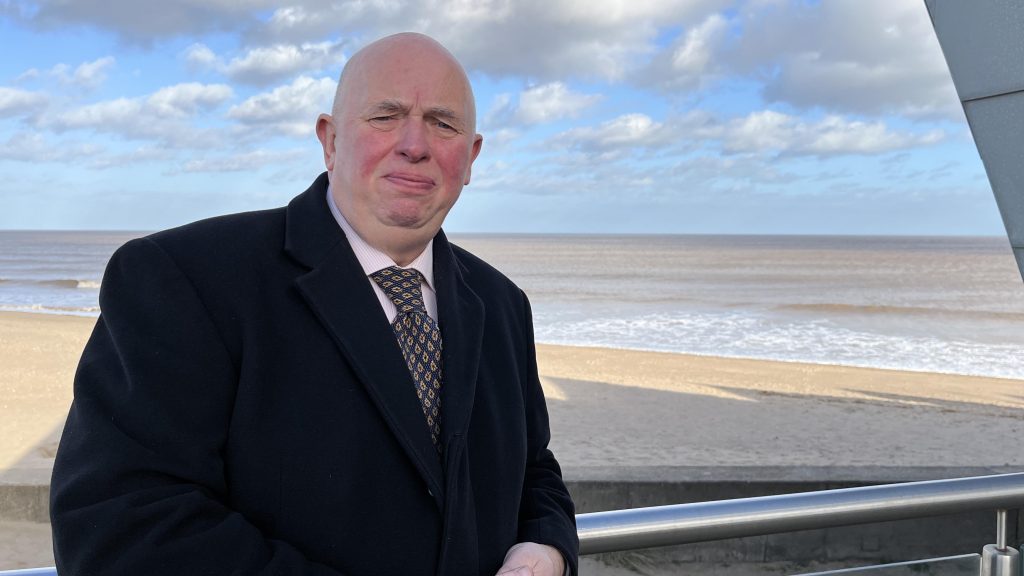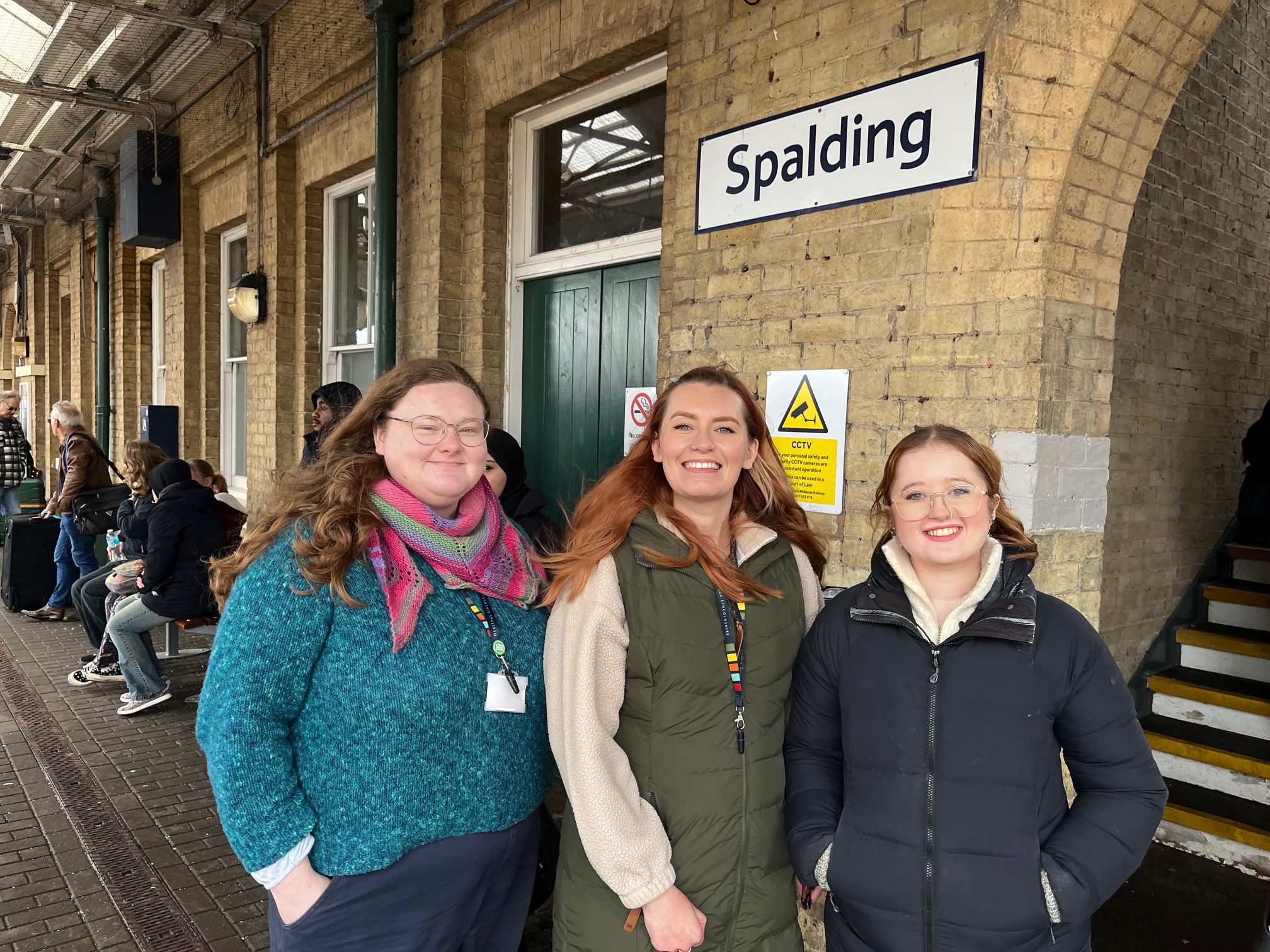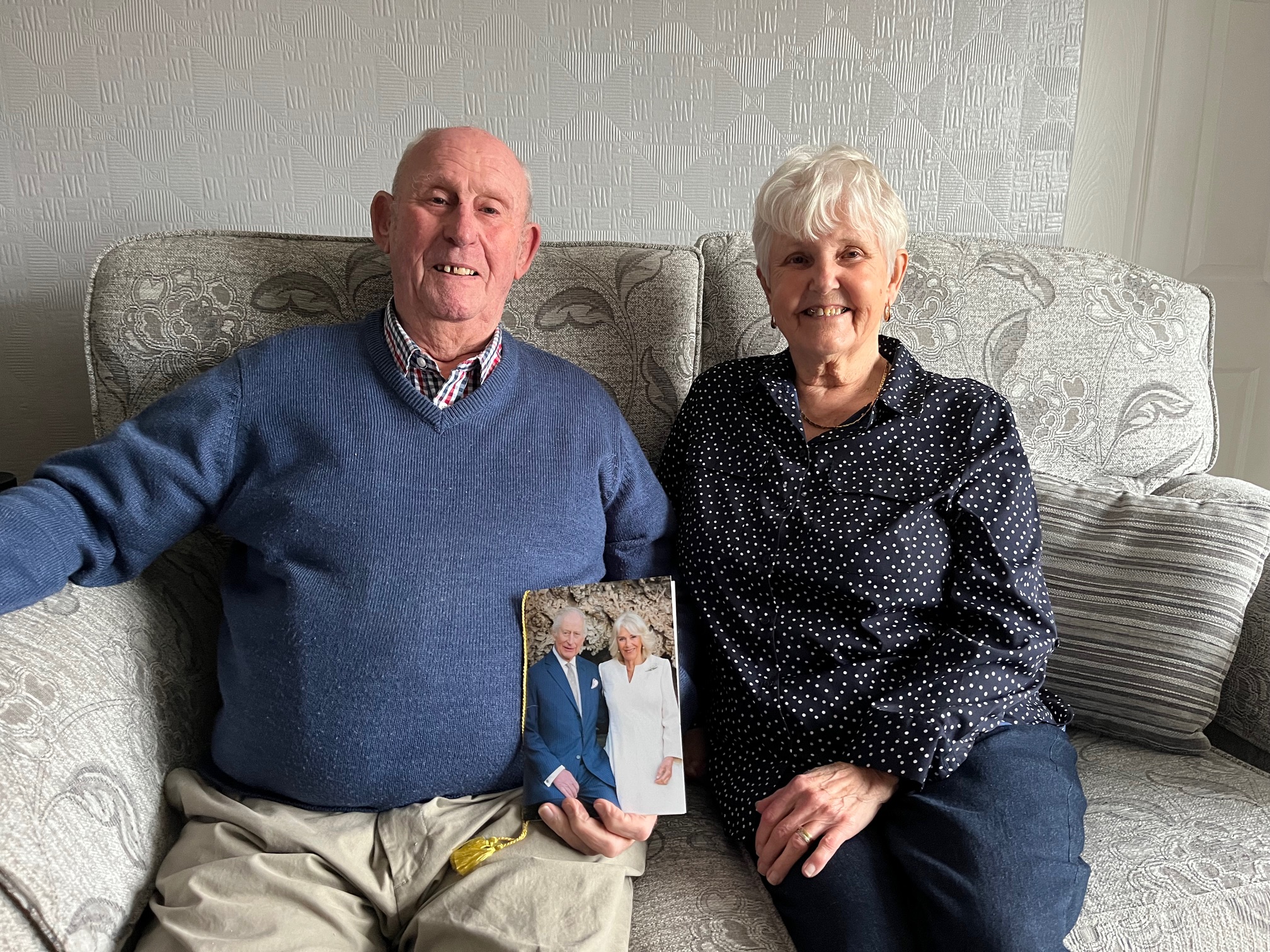A predicted backtrack on government money for ‘investment zones’, highlights again the need for devolution in Lincolnshire, a county councillor has said.
Chancellor Jeremy Hunt was planning to scale back the previous administrations for hundreds of low-tax, low-regulation sites across the UK in budget announcements this week.
Lincolnshire County Council had put forward expressions of interest for two sites in October, including the UK Food Valley across Spalding and Holbeach and a further zone covering Spitalgate, Grantham, writes Local Democracy Reporter Daniel Jaines.
But, despite former PM Liz Truss’ hope to create 200 zones in a bid to tackle regional inequalities, Mr Hunt only approved 12 zones in eight locations – all in areas of devolved power. Each zone will receive £80m over five years, including tax incentives. The money can be used for local infrastructure, skills improvement or planning.
County Council portfolio holder for environment and economy Councillor Colin Davie (pictured) admitted the news indicated that plans had been watered down.
“It’s disappointing that local authorities across the country who did so much work bringing forward these proposals are, in the main, going to be disappointed by government’s decision-making,” he said.
“For Lincolnshire, we continue to engage with the government on the huge opportunity of the Holbeach Spalding proposals and the world class research and development headed by the University of Lincoln that’s coming from this location.
“We will continue to make the case to Government for why they should invest in places like this and in Lincolnshire generally.
“For me it outlines yet again the need for a Greater Lincolnshire devolution deal with government so we can make a local determination on what’s best to grow our own economy and our communities.”
The plans originally predicted to cost around £12billion a year nationally in lost tax revenues and it is thought the scaling back will cut those costs to a “much more constrained budget”.







